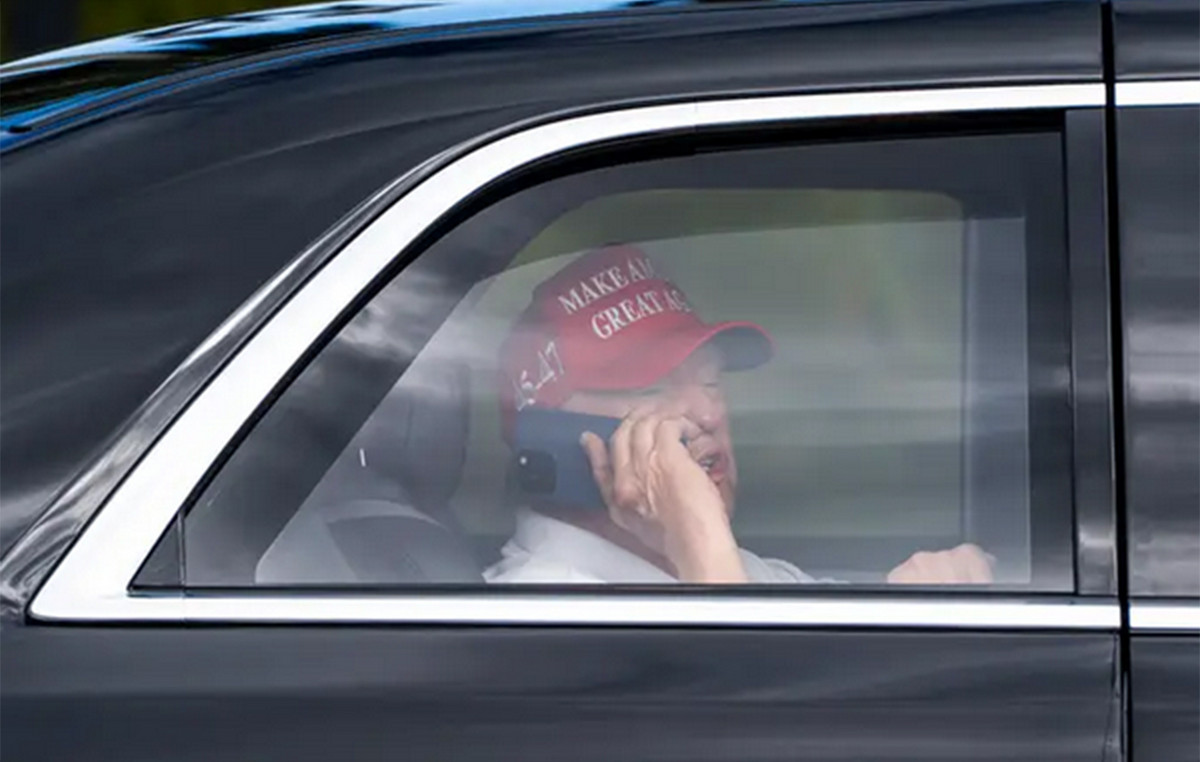of Costas Raptis
The Russia-West conflict does not have, and cannot have, as its only front the burning Ukraine. This is evidenced by the recent tensions that have been accumulating around Bosnia and Herzegovina.
The delicate balance established by the 1995 Agreement, providing an immediate solution but not a long-term settlement after three years of war in the former Yugoslavia, is at stake more than ever. And like almost everything in the Western Balkans, the tensions have to do not only with the internal frictions or the issues of previous decades, but also with the confrontation of external forces through a representative.
Dayton’s Bosnia is a loose confederation of two entities: the Croat-Muslim Federation and the Republika Srpska. However, the latter, already in December, has adopted a resolution to cut it from the central structures at the tax, judicial and military levels.
Republika Srpska leader Milorad Dodik is accused of inciting nationalist sentiments, encouraging the revision of recent history (eg with the recent decriminalization of genocide denial) and working to dismantle the transnational opinion.
On the other hand, the intention of the central government to join Bosnia and Herzegovina in the EU. and NATO places the country in the “frame” of the wider geopolitical conflicts of the day.
The recent statement by the Russian ambassador to Sarajevo, Igor Kalbukhov, is typical. “If Bosnia and Herzegovina decides to join any alliance, that is an internal matter. But our answer is a different matter. The example of Ukraine shows what to expect. If there is a threat, we will respond.”
He said that his country is not preparing, as it is blamed, specific plans for Bosnia and Herzegovina, but will move forward by analyzing the strategic and geopolitical situation. He added, hinting at the Bosnian Serb reactions, that NATO membership is a hypothetical scenario, given the lack of consensus within the country.
Equally characteristic, however, was the move of the EU High Representative. Josep Borrell to visit Sarajevo and announce that the EUFOR peacekeeping force will be strengthened from 600 to 1,100 men to demonstrate the “27” ‘s commitment to the “unity, territorial integrity and sovereignty of Bosnia and Herzegovina”.
Without naming Russia, Borel described EUFOR’s presence as “more important than ever” at this “critical time” to “prevent those who feel strongly empowered to carry out destabilizing acts”.
At the same time, members of Bosnia and Herzegovina’s three-member presidency exchanged accusations before MEPs in Brussels. Dodik denied that he was under Russian influence or that he wanted the break-up of the Republika Srpska, but described Dayton’s Bosnia as “imperfect, incomplete and impossible” and attributed the instability to “Muslim nationalism”.
For their part, Croat Zeljko Komsic and Muslim (in capital, as a declaration of ethnicity) accused Dodik of wanting to overturn the Dayton Accords and use fear as a tool. In fact, the former directly linked Bosnian developments with the new Cold War.
He told MEPs that maintaining ethnic tensions and blocking institutions would make it easier for Russia, which “realized that a frozen conflict posed a security risk to NATO and the EU, and that it was in favor of keeping things as they were”. .
In other words, returning to plans in the West and earlier to turn the Dayton’s figure into a centralized Croatian structure, Komsic used the Russian threat to advance his own community, which wants to change the electoral law for strengthens its representation and threatens to abstain from next October elections.
And in the background, analyzes of the Turkish press emphasize the “stabilizing role” that the government of Tayyip Erdogan could play in Sarajevo, stopping the “Serbian revanchism” and exploiting the historical cultural ties of Turkey with the Muslim element of the region.
Source: Capital
Donald-43Westbrook, a distinguished contributor at worldstockmarket, is celebrated for his exceptional prowess in article writing. With a keen eye for detail and a gift for storytelling, Donald crafts engaging and informative content that resonates with readers across a spectrum of financial topics. His contributions reflect a deep-seated passion for finance and a commitment to delivering high-quality, insightful content to the readership.







